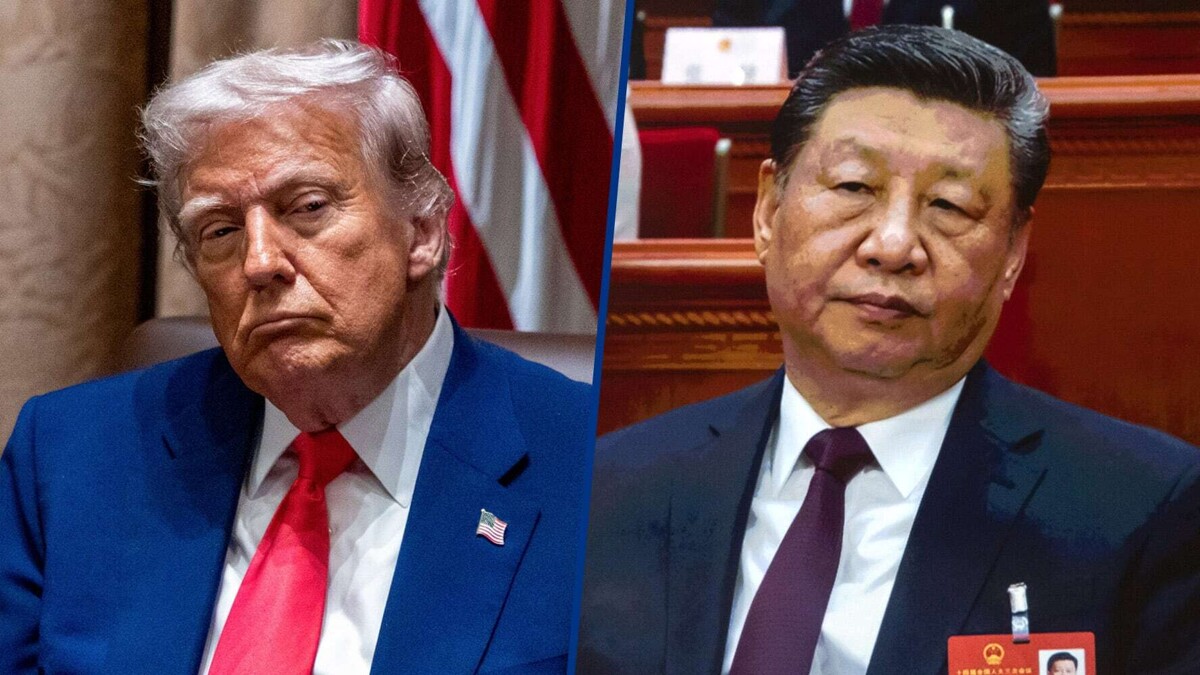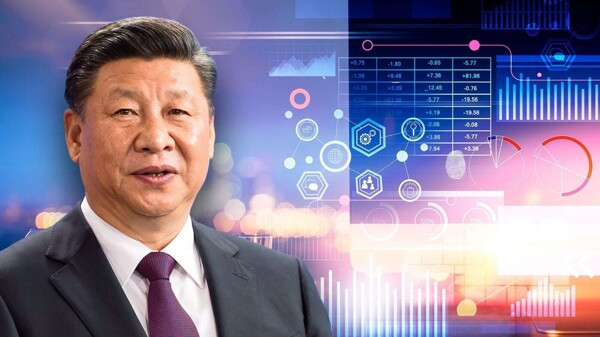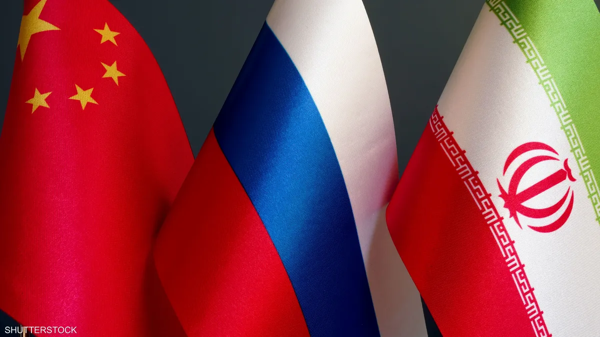
The Beijing administration believes that the best way to advance trade negotiations between China and the United States is to appoint others to oversee them, rather than having the presidents directly engage in them. This would ensure that the discussions lead to a summit between Trump and Xi. In particular, China hopes that the United States will address its national security concerns, especially regarding Taiwan.
According to anonymous sources, Chinese officials believe that Donald Trump has significant control over his administration, and his silence in response to aggressive statements from other cabinet members creates uncertainty in China. These comments may be particularly irritating to Beijing, as in the case of remarks made by Vice President J.D. Vance, which led China to call for respect and a less contemptuous attitude from the United States.
China has expressed its dissatisfaction with the imposition of tariffs by the United States and has demanded that measures be taken to begin negotiating a reduction of those tariffs. For these discussions to progress, Beijing hopes that Trump will designate a contact person who has his backing and can help build an agreement to be signed by both presidents.
The global economy and financial markets are watching to see if a prolonged trade war between the United States and China can be avoided. The tariffs imposed by Trump on Chinese products have been met by Beijing with retaliatory actions that threaten to significantly impact trade between the two largest economies in the world.
Beijing is calling for clear measures from the United States and hopes that Trump is willing to personally lead the negotiations. Amid this tension, China has also made it clear that it will defend its claims over Taiwan, acting accordingly if provoked.
Despite both sides wanting a reduction in tariffs, it does not seem likely that negotiations will lead to a significant de-escalation. China seeks respect, consistency, and a key figure from the United States to carry forward the talks. The future of trade relations and global economic stability largely depends on both nations' ability to find solutions amid this growing economic tension.













